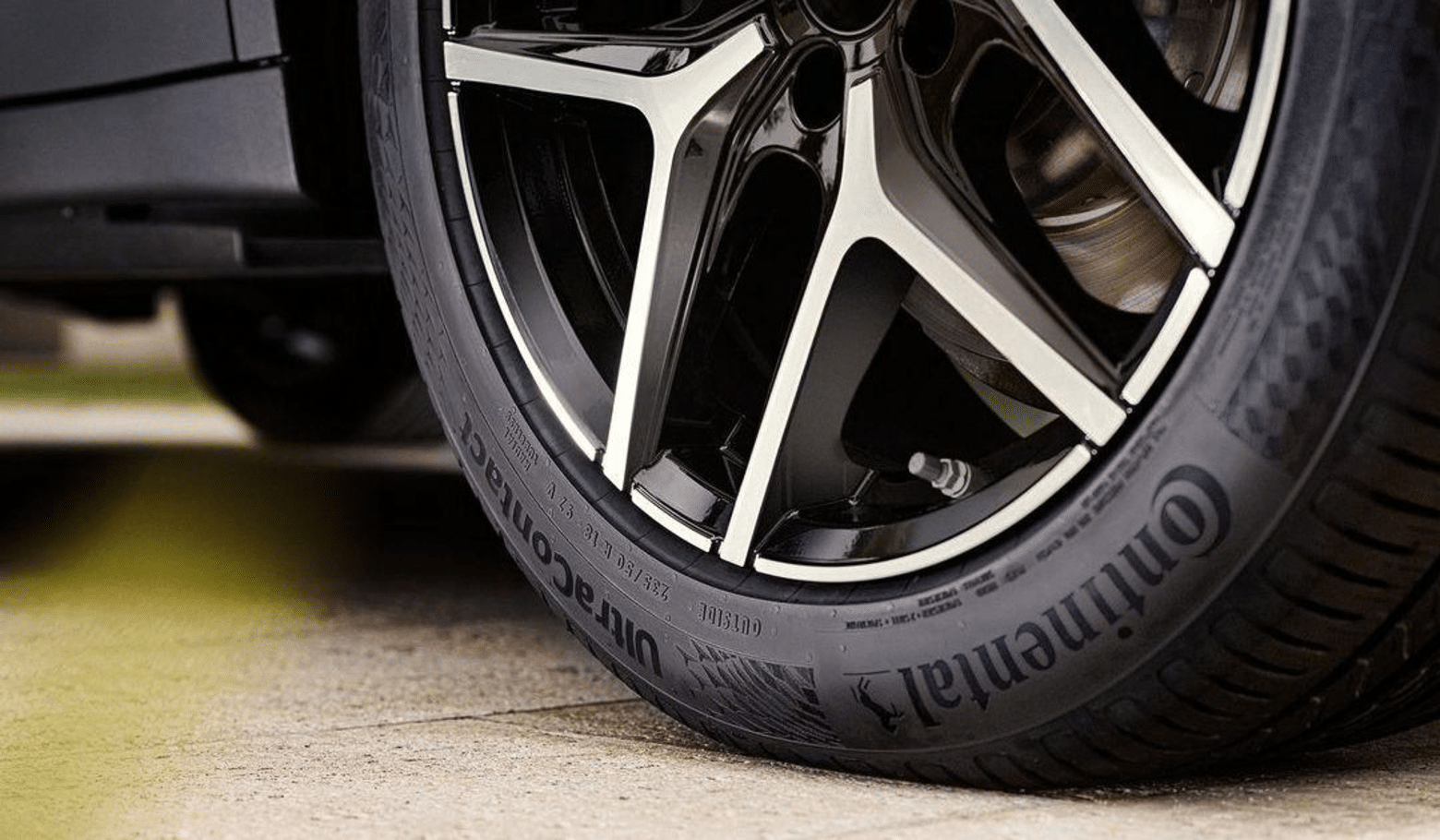Financial Constraints Lead to Delayed Vehicle Maintenance for Majority of Drivers

Financial Constraints Lead to Delayed Vehicle Maintenance for Majority of Drivers
Can we afford to neglect vehicle maintenance in the face of rising living costs?
A recent survey conducted by Continental Tyres has revealed that a staggering 56 percent of drivers are putting off vehicle maintenance due to the rising cost of living. The survey, which included 1007 participants, explores the impact of financial constraints on vehicle and tire maintenance as well as road safety.

The survey findings shed light on the significant impact of financial hardships on vehicle maintenance habits. With the cost of living on the rise, it comes as no surprise that a majority of drivers are delaying necessary vehicle upkeep.
According to the survey, almost all respondents (99 percent) have noticed an increase in the cost of living over the past year. This financial strain has led to 39 percent of drivers admitting to postponing vehicle maintenance due to their limited budgets.
For many, the decision to delay vehicle or tire maintenance is driven by the need to prioritize essential expenses such as bills and rent or mortgage payments. In fact, 67 percent of participants stated that they delay maintenance for this reason. Additionally, 56 percent of people overall are struggling with the increased cost of living, making it challenging to allocate funds towards their vehicles.
The survey also highlighted specific demographics that are more vulnerable to financial struggles in relation to vehicle maintenance. Gen Z respondents, in particular, face the most significant challenges in keeping up with the cost of living, including car and tire maintenance. Furthermore, participants from regional Western Australia expressed feeling the most financial strain.
The impact of delayed vehicle maintenance goes beyond financial constraints. According to the survey, 90 percent of respondents experienced stress or a decrease in confidence on the road as a result of putting off necessary maintenance. This highlights the importance of regular maintenance in ensuring both safety and peace of mind.
The study also revealed interesting insights into age-related patterns of vehicle maintenance behavior. Gen Y participants, constituting 17 percent of those surveyed, were the least likely to prioritize vehicle maintenance. On the other hand, Baby Boomers, making up 19.7 percent of the sample, tended to procrastinate when it came to completing maintenance tasks.
Disturbingly, a significant number of participants expressed reluctance or misinformation regarding vehicle maintenance. 16 percent of respondents stated their unwillingness to spend money on vehicle upkeep, while 22 percent believed that delaying maintenance would not lead to any consequences.
When it comes to purchasing tires, 22 percent of participants would opt for a cheaper option. Surprisingly, 61 percent claimed that the cost of living crisis does not influence their decision to buy cheaper tires.
Additional noteworthy findings from the survey include: 59 percent of participants admitting to delaying scheduled service, 57 percent stating their likelihood to delay a wheel alignment, 48 percent being likely to postpone purchasing new tires, 35 percent being likely to delay an oil change, 24 percent being likely to put off battery replacement, and 75 percent being more inclined to delay cosmetic fixes such as dents and scratches.
The survey also examined the duration of maintenance delays. On average, 42 percent of respondents stated that they would delay vehicle or tire maintenance by one to three months due to financial challenges. Meanwhile, 28 percent of participants reported that they would only delay maintenance by less than a month.
While the majority of respondents claimed no concerns or negative consequences as a result of delayed maintenance (82 percent), a small percentage (4.7 percent) did experience negative outcomes. This serves as a reminder of the potential risks associated with neglecting vehicle upkeep.
Lastly, the survey included a balanced gender representation, with 494 men and 504 women surveyed. The age range of participants was between 21 and 59, and they were distributed across regional areas (341 people) and major cities (629 people).

- 99 percent of respondents have noticed an increase in the cost of living over the past year
- 39 percent of drivers admit to postponing vehicle maintenance due to financial constraints
- 67 percent of people delay maintenance to prioritize bills and rent/mortgage payments
- 56 percent of participants are struggling with the overall increased cost of living
- Gen Z faces the greatest financial struggle, while respondents from regional Western Australia feel the most impact
- 90 percent of respondents experience stress or reduced confidence on the road due to delayed maintenance
- Gen Y is least likely to prioritize vehicle maintenance, while Baby Boomers tend to procrastinate
- 16 percent of participants are unwilling to spend money on vehicle maintenance and 22 percent believe it can be postponed without consequences

The survey conducted by Continental Tyres provides valuable insights into the impact of rising living costs on vehicle maintenance. With a majority of drivers delaying essential upkeep, it is evident that financial constraints significantly affect the ability to prioritize car and tire maintenance. The findings serve as a reminder of the importance of regular maintenance for both safety and confidence on the road.







